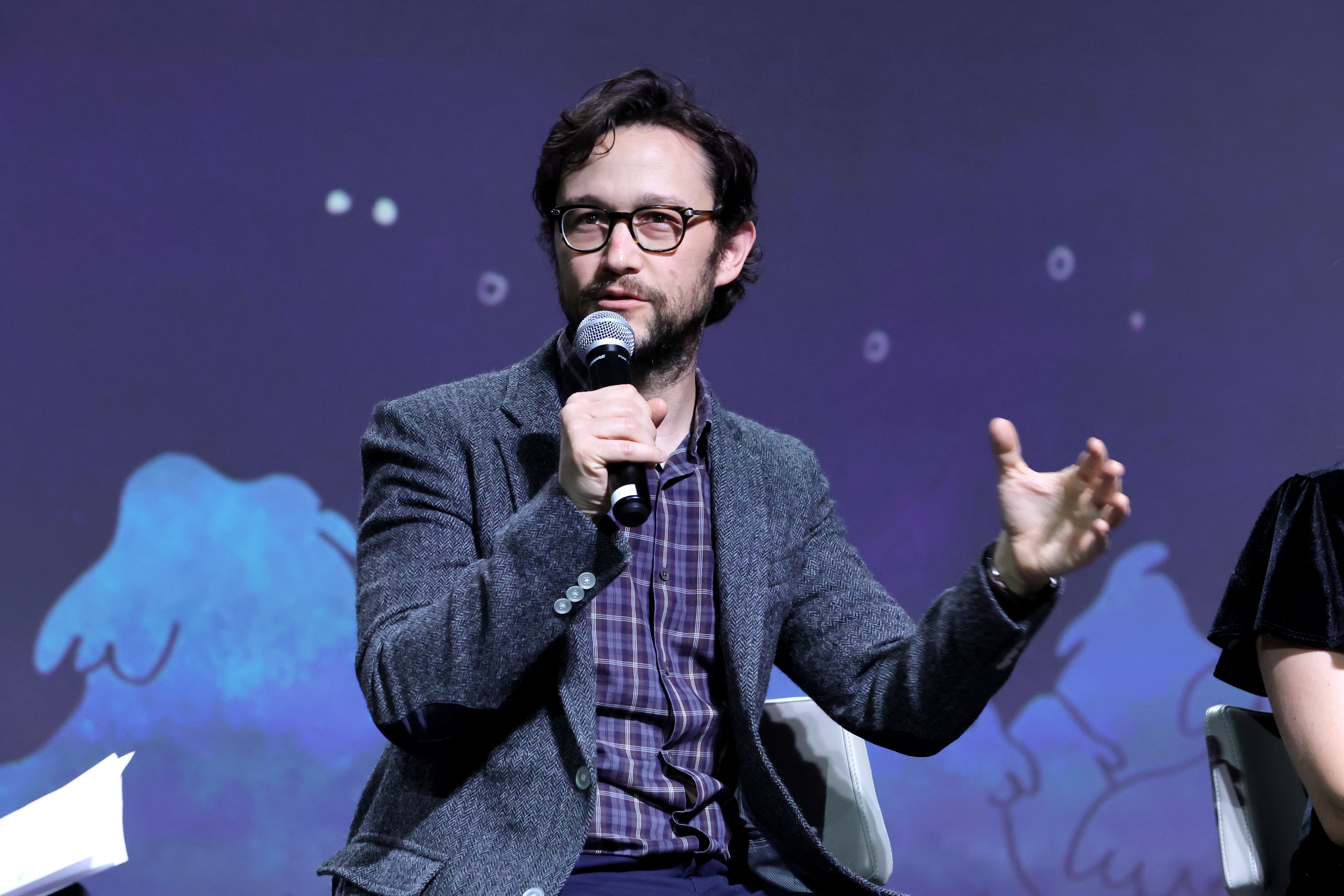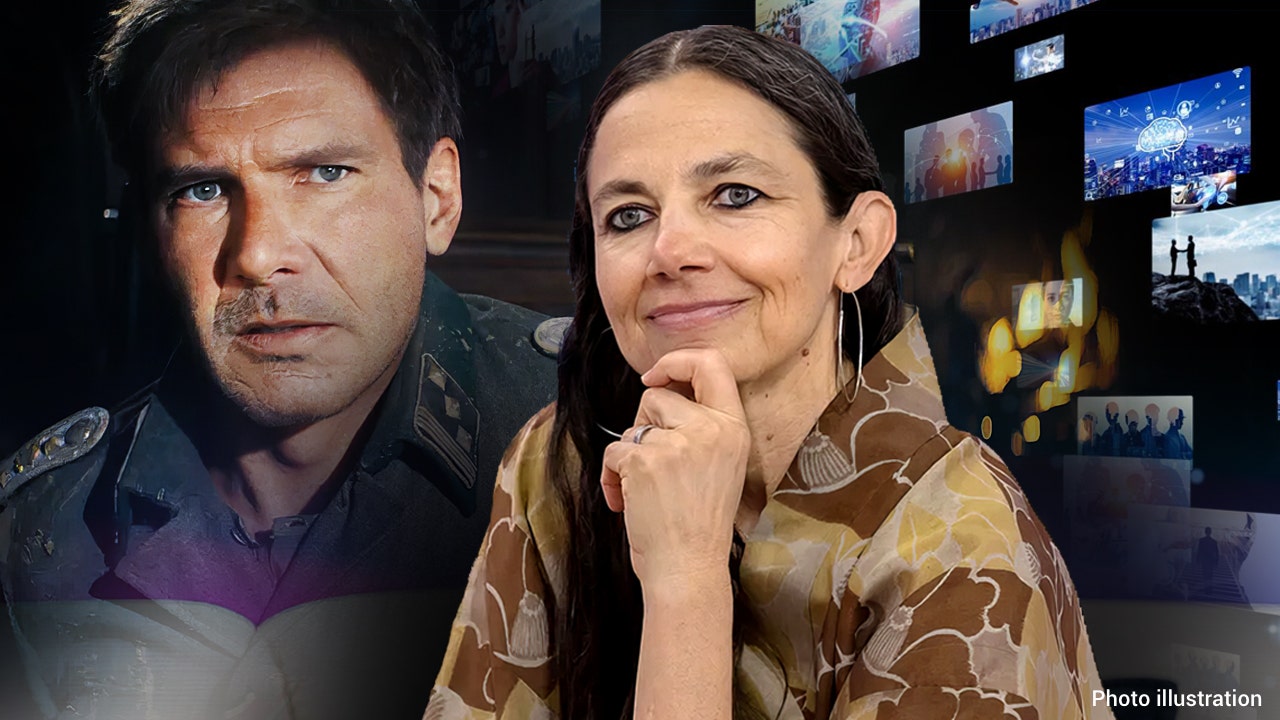Actor Joseph Gordon-Levitt says Big Tech, movie studios shouldn't profit off of labor-driven AI
Actor called for residuals program to pay workers who create AI-training data, as Hollywood strikes for streaming platform payments
New Fox Nation special explores dangers of AI: 'Terminator Effect'
Dan Hendrycks, director of the Center for AI Safety, joins 'Fox & Friends' to discuss how artificial intelligence could progress.
Hollywood star actor Joseph Gordon-Levitt called for lawmakers to create a new intellectual property law that would force Big Tech to compensate workers whose input helped create Artificial Intelligence, while Hollywood actors and screenwriters continue striking for fair pay.
Gordon-Levitt wrote in a Washington Post op-ed this week that union workers were negotiating for streaming residuals—that is payments for their work featured on streaming services like Netflix —but this concept applies to other fields using AI as well. He feared entire industries could soon be wiped out by AI programs if new policies weren't put in place to protect workers.
"For example, let’s say a new AI program could generate a complete feature film at the click of a button. (Some industry insiders think this could actually happen pretty soon.) Building that AI will require a bazillion past movies to be used as training data. Therefore, anytime this AI yields revenue, the people who made those past movies will deserve a substantial piece," he wrote. But this AI-generated revenue could apply to any industry that uses computers.
"This principle holds true whether we’re talking about entertainers, doctors, engineers or pretty much anyone whose work involves a computer. AI can’t do our jobs yet, but it might be able to soon. And people whose jobs are threatened by AI will be the same people who produced the data used to train it. A new kind of residuals for these human data producers could potentially provide some much-needed economic relief," Gordon-Levitt argued.
DISNEY CEO BOB IGER BLASTED BY STRIKING HOLLYWOOD ACTRESS AND SAG UNION REP: ‘IT’S BULLS--T!'

Joseph Gordon-Levitt called for workers to be fairly compensated for their work in an op-ed, arguing artificial intelligence still needs human input. (Getty Images)
The actor acknowledged that he was asking for was a "tall order" and it would take a "ton of work" by requiring AI to track every piece of its training data and the output it generated as well as create a payment channel for the humans who created that data to receive their residual dues.
This would be on an "astronomically huge scale, keeping track of zillions of bits and bytes, as well as billions of people, dollars, cents and microcents," he conceded.
Gordon-Levitt argued lawmakers needed to make this happen, as tech companies and big movie studies would have no "incentive" to do so.
"I’m well aware that implementing this kind of residuals program would take a ton of work. It would require technology that doesn’t exist yet. It would also require new public policy, and most governments don’t exactly have a stellar track record when it comes to regulating new tech. Still, there are encouraging signs out there that the White House and Congress are moving toward regulating AI. So here’s my request: Residuals from AI training data should be made mandatory and intellectual-property law amended to make sure those residuals go to the people who deserve them. The seemingly miraculous outputs of generative AI should not be allowed to fill the coffers of tech giants or any other giants without paying the people whose data made those outputs possible."

Through the use of AI, Harrison Ford appears in the new "Indian Jones" film as if he is 35-years-old. Like Gordon-Levitt, actress Justine Bateman recently expressed concerns about AI in the arts. (Disney/Lucas | Nathan Congleton/NBC)
CLICK HERE TO GET THE FOX NEWS APP
At a union rally in New York City this week, "Breaking Bad" actor Bryan Cranston also spoke out against AI taking jobs away from actors, while rebuking Disney CEO Bob Iger for criticizing the Hollywood strike.
"We’ve got a message for Mr. Iger: I know, sir, that you look through things through a different lens. We don’t expect you to understand who we are. But we ask you to hear us, and beyond that to listen to us when we tell you we will not be having our jobs taken away and given to robots," Cranston told Iger. "We will not have you take away our right to work and earn a decent living. And lastly, and most importantly, we will not allow you to take away our dignity!"
Netflix has also faced intense backlash from Hollywood after it posted an AI job paying up to $900,000. Television writers fumed at the news, saying the idea was "tone deaf" amid the strike, and made them want to "vomit."
For more Culture, Media, Education, Opinion, and channel coverage, visit foxnews.com/media

